Bluesound Pulse M review: a wireless speaker to be reckoned with
A clear Sonos competitor, treat the Bluesound Pulse M with respect and it'll treat you with great audio

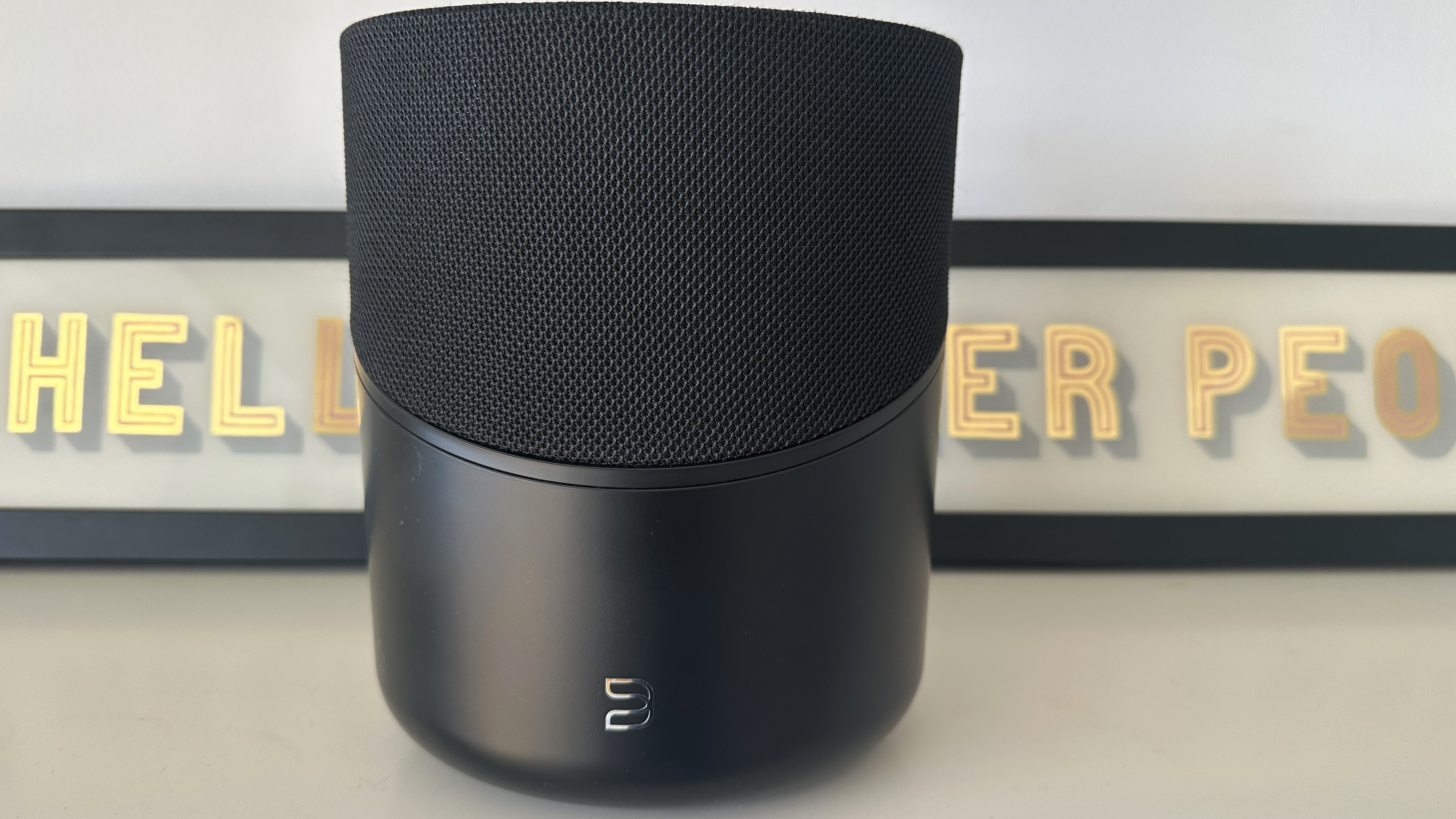
Not, despite appearances, a smart speaker - but the Bluesound Pulse M is nevertheless a wireless speaker to be reckoned with. Treat it to the quality of content it demands and it’s a very rewarding listen.
-
+
Substantial, insightful and enjoyable sound
-
+
Built, finished and specified to compete
-
+
Good control app
-
-
Not the most affordable option
-
-
Capable of sounding musclebound
-
-
Fractionally vague soundstaging
Why you can trust T3

Bluesound got in early where the whole ‘wireless high-resolution audio’ thing is concerned, and its products are (generally speaking) never less than competitive where sound quality is concerned. They haven’t always been the most affordable or the most decorative, though, which has limited their appeal somewhat.
The Pulse M is the product that’s going to address the latter point, while remaining true to its high-end audio core. But Bluesound is entering a market that’s packed to the rafters with products that have already established decent reputations - so can the Bluesound Pulse M live up to its potential as one of the best wireless speakers?
Bluesound Pulse M: Price & Availability
The Bluesound Pulse M is on sale now, and in the United Kingdom it’s yours for £449. In America you’ll have to part with a slightly more palatable $449. In Australia it’ll set you back AU$999.
You don’t have to look long or hard to find speakers smarter than this one for quite a bit less than Bluesound is asking. Yes, the Pulse M has some specification highlights that set it apart… but nevertheless, it’s going to need to put a decent shift in if it’s going to justify that price.
Bluesound Pulse M review: Features and what's new?
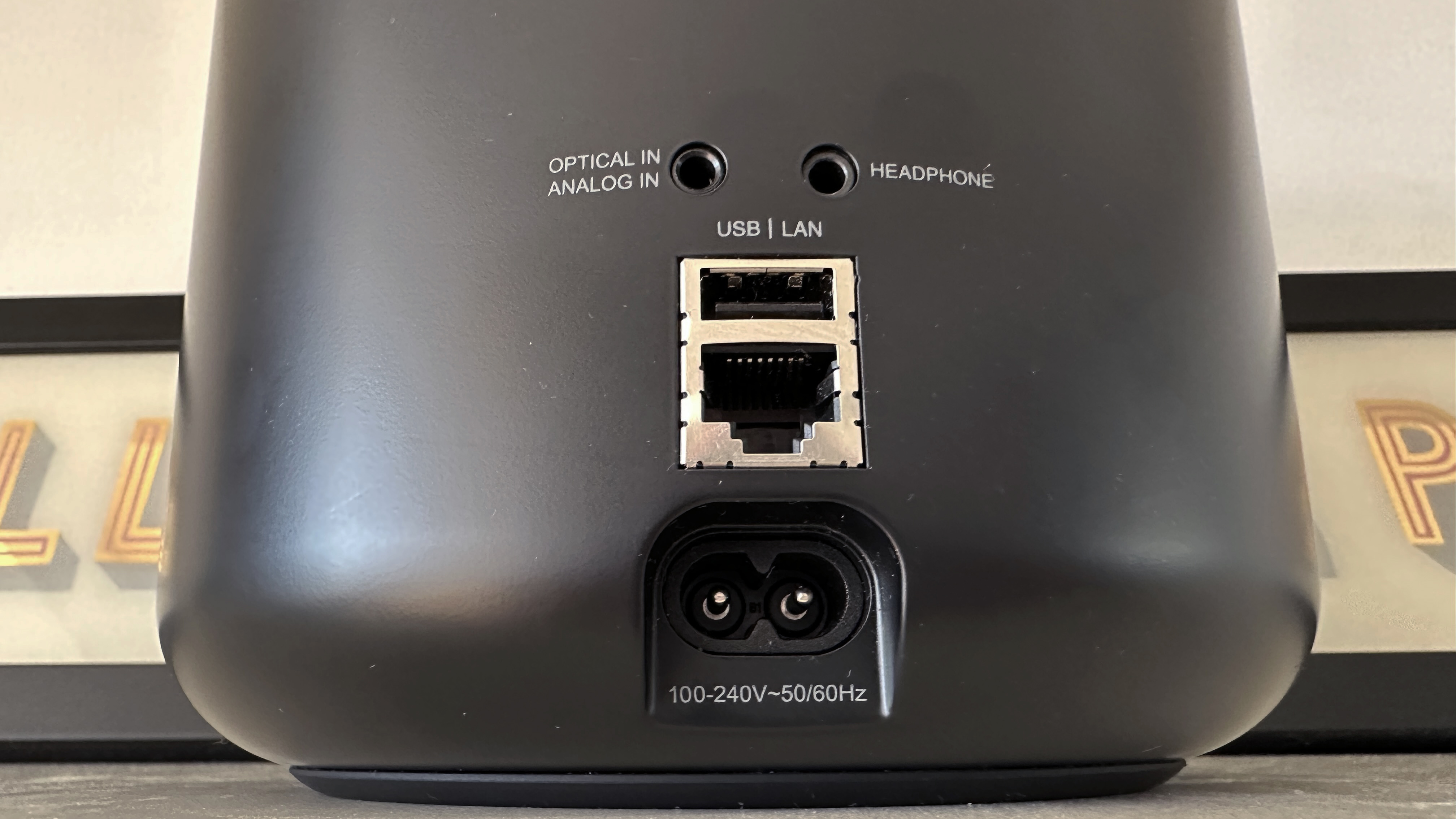
As far as dealing with your digital audio files is concerned, the Pulse M is specified to do a very thorough job. Its digital-to-analogue conversion circuitry operates at 24bit/192kHz resolution, and it’s compatible with every file type (WAV, FLAC, MQA, MP3, and all the rest) that you’re likely to deploy. And it’s packing 80W of Class D amplification in order to deliver your music once the conversion process is complete.
Of that power, 50W is used to drive an upward-firing 133mm mid/bass driver that sits behind an acoustic reflector that’s shaped to disperse the driver’s higher frequencies as far and wide as possible. It’s accompanied by a couple of 19mm tweeters driven by 15W of power each - they’re angled out at 45-degrees from each other in a further effort to create as wide a soundstage as possible. Bluesound calls this layout ‘omni-hybrid’.
Getting digital audio information on board in the first place is most easily done wirelessly, of course. Dual-band Wi-Fi is available, as well as Bluetooth 5.0 with aptX HD codec compatibility - and in addition there’s Apple AirPlay 2, Spotify Connect and Tidal Connect. The Pulse M is Roon Ready, and as well as acting as a Bluetooth receiver it can be a transmitter and so can be used with wireless headphones.
There are some physical connections on the rear of the speaker, too. As well as mains power (obviously), there’s an Ethernet socket, a USB-A slot, hybrid analogue/digital optical input, and a 3.5mm headphone output.
Bluesound Pulse M Review: Performance
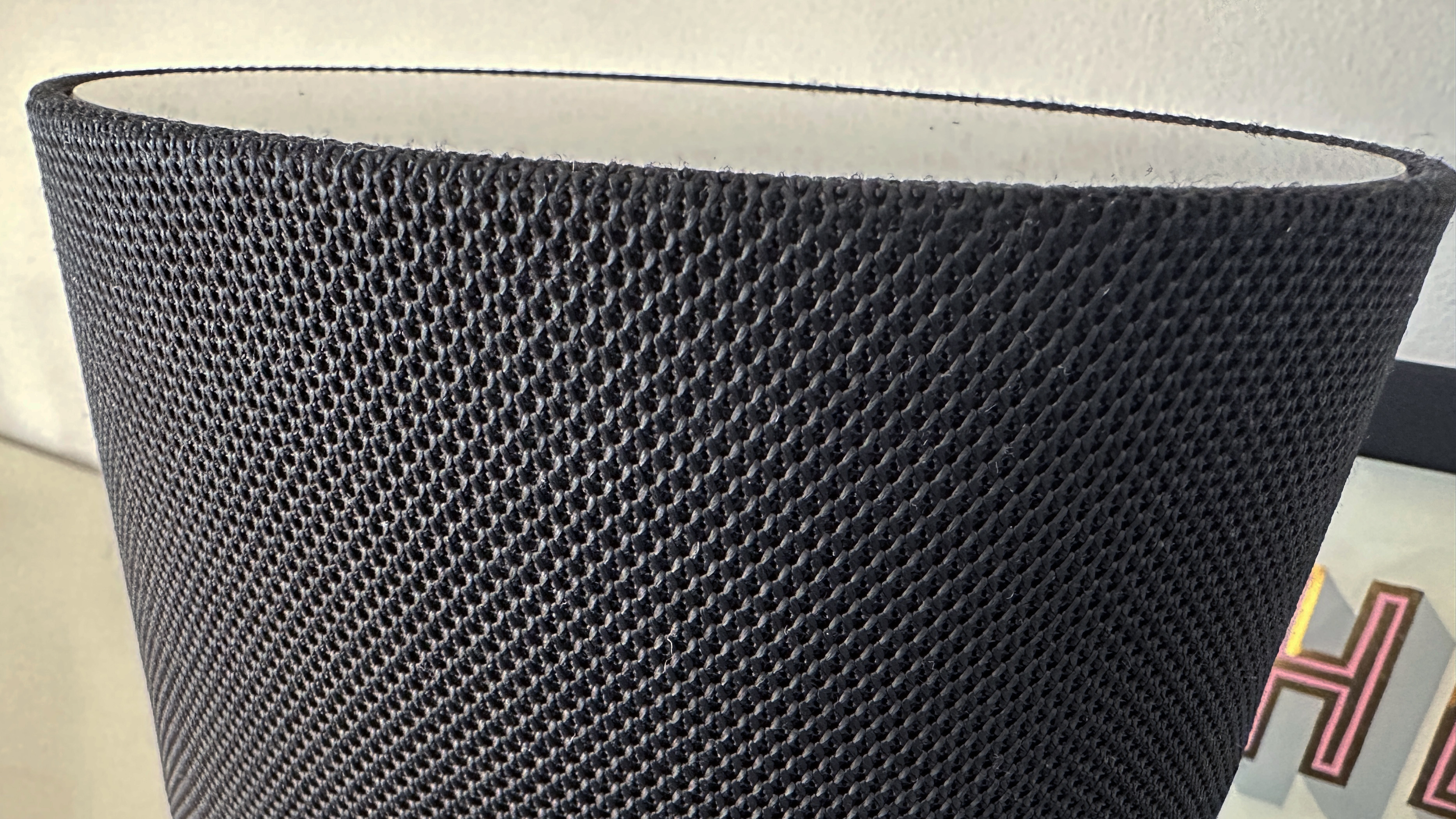
First thing's first: this ‘omni-hybrid’ driver layout Bluesound is so pleased with works very well indeed. The Pulse M is not a big speaker in absolute terms, but it creates an open, wide-ranging sound that’s far larger than the cabinet from which it originates. There’s no particular sensation of a ‘sweet spot’, either, so you can be sure of getting a full account of what’s going on in sonic terms from pretty much anywhere in the room where the Pulse M is playing.
There’s a flip-side to this arrangement, though - and that’s the slightly vague nature of the (admittedly very large) soundstage it creates. It’s just not the most explicitly defined - different instrumental strands or occurrences in a recording don’t stay in their lane quite as strictly as they should, and there can be some overlap and smearing. It’s not especially pronounced, you understand, and far from fatal - but it’s a factor nevertheless.
In virtually every other respect, though, the Pulse M is an uncomplicated pleasure to listen to. It digs deep into the frequency range, generating bass sounds that are deep, textured and loaded with detail - and they’re very well controlled too, with pleasingly straight edges to the attack of individual sounds and their decay managed with equal assurance. Rhythmic expression is confident as a result, and the Bluesound has real momentum and purpose to its presentation too.
It’s equally forthright and confident in the midrange, too - it loads a vocal performance with plenty of broad and fine detail, and allows singers to properly express themselves as a result. The slightly diffuse nature of the soundstage doesn’t prevent the midrange having sufficient room in which to operate either, so a vocalist has the space required to properly express themselves. And no matter a singer’s motivation, attitude or technical aptitude, it all comes across in a fairly direct manner.
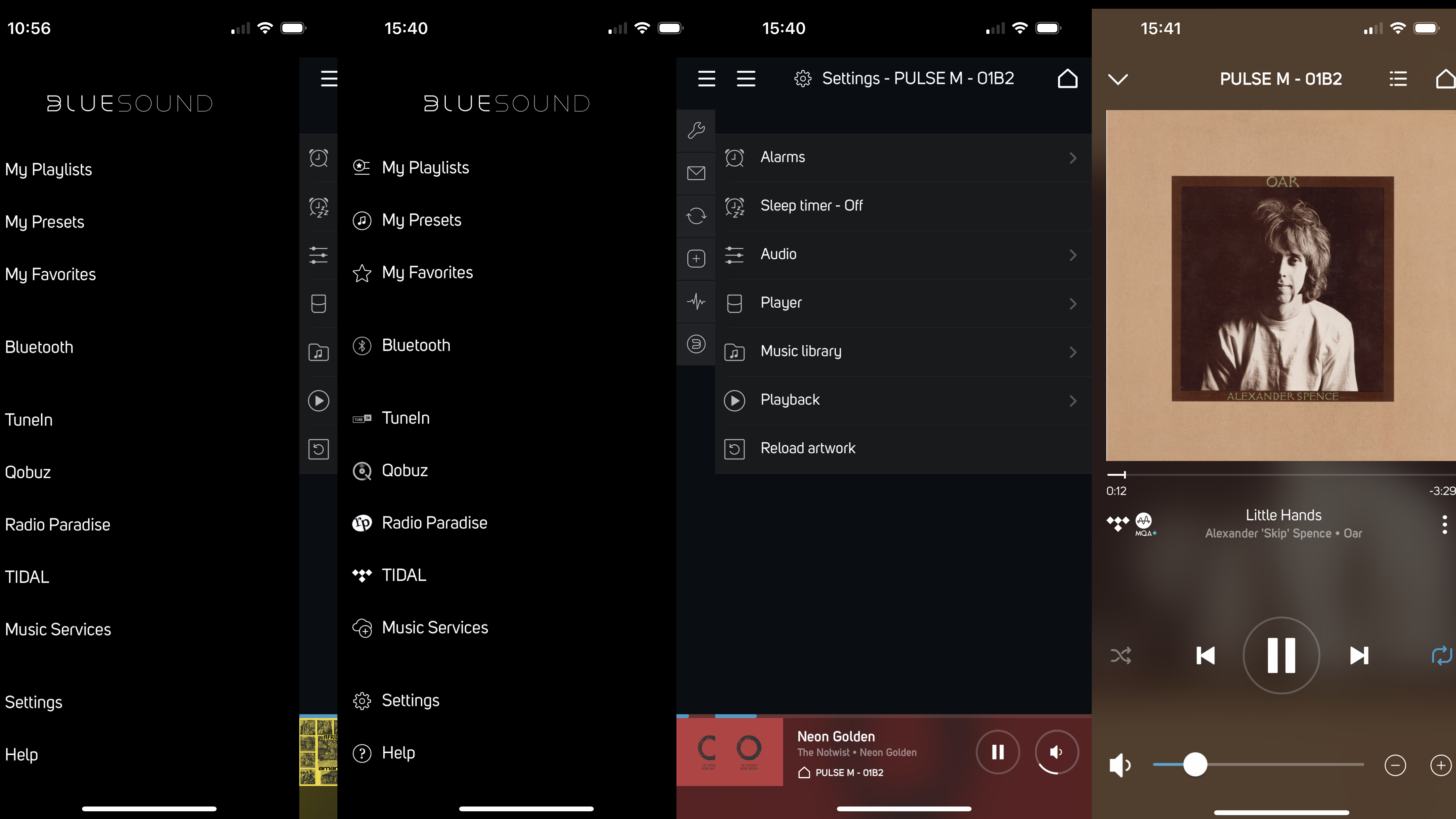
The top-end is bright and substantial, and there’s plenty of substance to treble sounds to underpin their shine. The Pulse M is capable of quite oppressive volume, but it doesn’t alter its characteristics even if you decide to listen at big levels - which is an especially welcome trait where the top of the frequency range is concerned. There’s no hardness or edge to treble sounds, no matter how loud you like to hear them.
The power to really press on, volume-wise, also allows the Bluesound to describe any big dynamic variations in a recording without any obvious effort or stress. It’s equally comfortable with the lower-level dynamic variations and harmonic shifts that are especially apparent in unaccompanied voices or solo instruments - which only adds to the impression of out-and-out musicality the Pulse M delivers.
A lot of this assumes you’re doing the right thing in terms of your source material, mind you. Bluesound has long made a virtue of its ability to deal with whopping great file sizes of most types - and while the Pulse M is happy to deal with your rubbish 128kbps MP3s it does lose some of its sparkle when it does so. Every speaker is affected by the quality of the content it’s given to deal with, of course - but not every speaker is quite so overt about it. It can sound a bit lumpy and a little bit bottom-heavy in the most extreme circumstances.
Bluesound Pulse M Review: Design & Usability
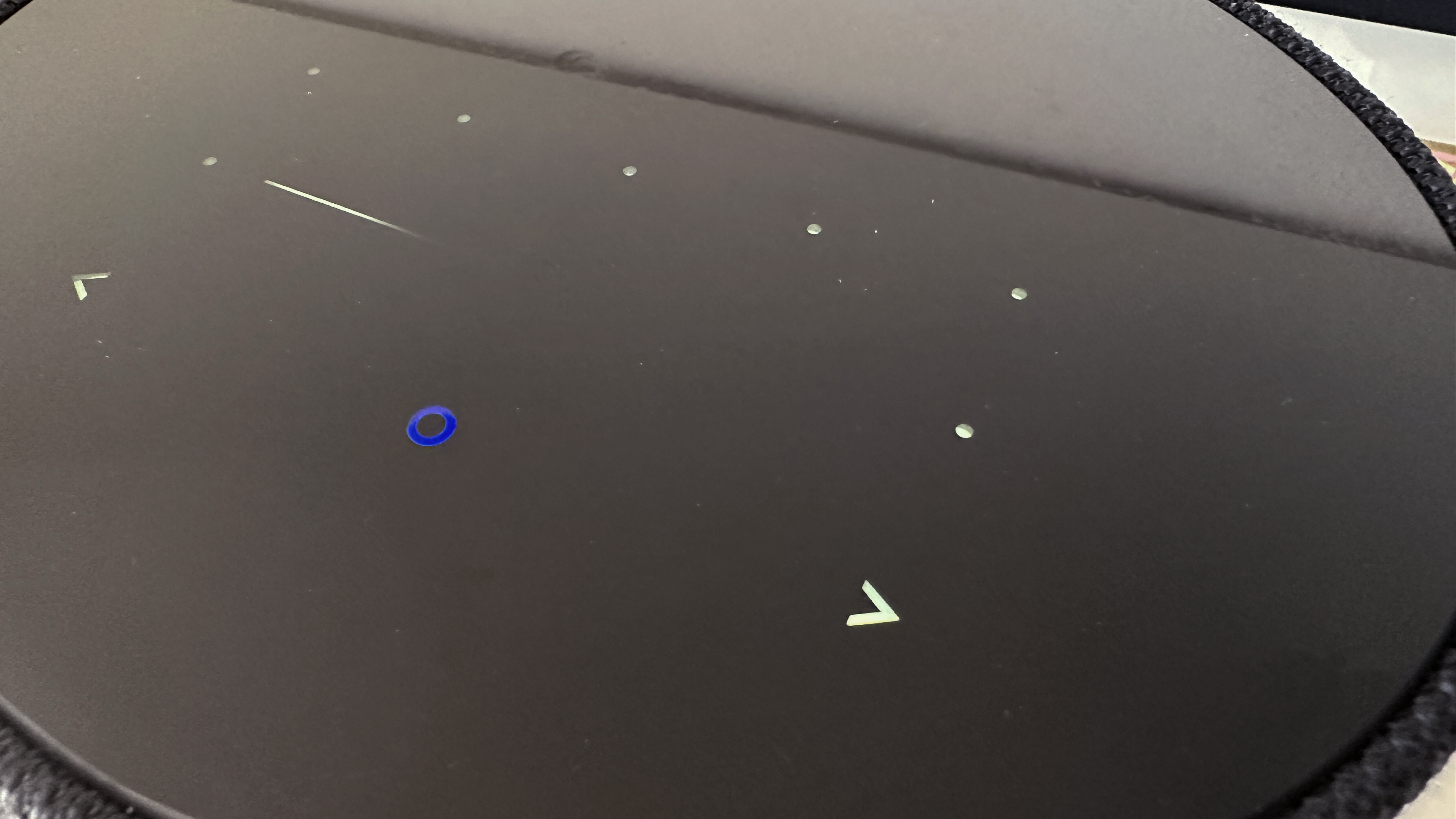
Available in black or white finishes, the Pulse M is a tidy (and mildly elliptical) 204 x 171 x 149mm (HxWxD) - big enough to look purposeful, compact enough to take up a position more-or-less anywhere you want.
This would seem to be the first Bluesound speaker that ‘design’ has happened to - until now, the company’s speakers have been staunchly utilitarian lookers. But the Pulse M is built (and to an impeccable standard) from a combination of high-quality plastic and acoustic cloth for its main body, with a glass surface for its top-plate. It’s a welcome advance in Bluesound’s thinking.
The looks strongly suggest ‘smart speaker’, but that’s not in fact the case - the Pulse M has no mics and can’t hear you no matter how loud you might shout. Of course, Amazon Alexa and/or Google Assistant households can use their existing smart speakers to control the Pulse M using their voice - but otherwise, control is available using either capacitive touch-surfaces on the glass top-plate or via the BluOS control app.
The physical controls amount to a slider for volume, play/pause and skip forwards/backwards. There are also five dots that represent five user-definable presets. But it’s the control app that makes the most of the Pulse M: it’s clean, simple to navigate and covers all bases. And in addition to all the usual ‘EQ’ , ‘firmware update’, ‘streaming services and internet radio’ stuff, it allows you to create a stereo pair with a second Pulse M, establish a Bluesound multi-room system or use a couple of Pulse M as rear speakers with the company’s Soundbar+ and perhaps even its Sub+. Some of the typeface choices are a little eccentric, but otherwise BluOS is a solidly usable and useful app.
Bluesound Pulse M review: Verdict
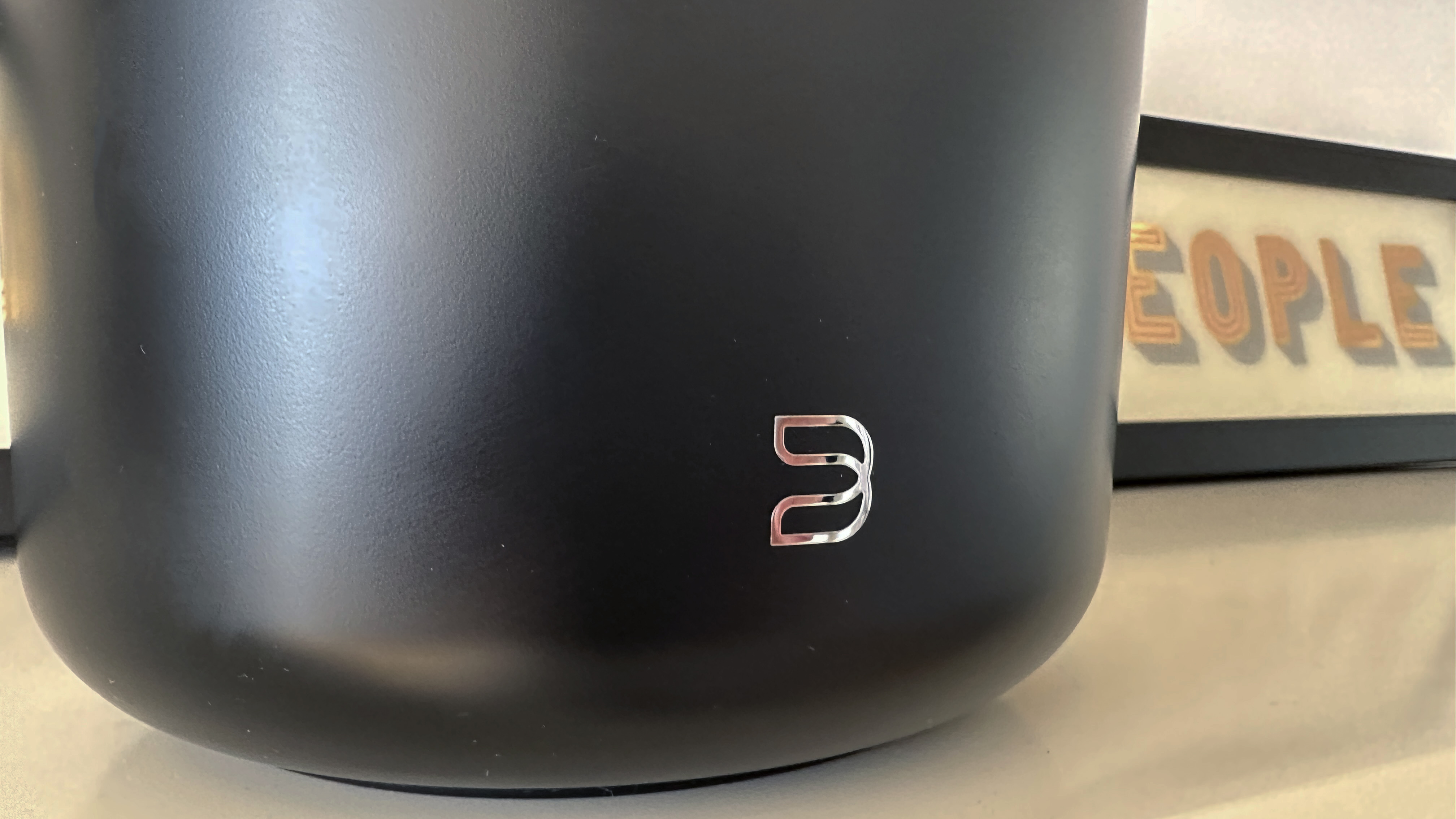
As mentioned earlier, you can buy smarter speakers than this for less money - but it’s safe to say they won’t sound as big or as accomplished as the Bluesound Pulse M.
If you’re after a smallish speaker with the smarts to create a big sound - and a big high-resolution sound at that - you absolutely, positively need to hear this one. The Bluesound Pulse M is a wireless speaker to be reckoned with.
Also consider
In terms of price, the Bluesound Pulse M goes head-to-head with the latest version of the Five by Sonos. All of the usual Sonos virtues (impeccable ergonomics, limitless multi-room possibilities, chunkily informative sound) are here, as are the drawbacks (no Bluetooth, no high-res support). The Five is the safest of safe options, but the Pulse M is a credible and worthwhile alternative.
Sign up to the T3 newsletter for smarter living straight to your inbox
Get all the latest news, reviews, deals and buying guides on gorgeous tech, home and active products from the T3 experts
Simon Lucas is a freelance technology journalist and consultant, with particular emphasis on the audio/video aspects of home entertainment. Before embracing the carefree life of the freelancer, he was editor of What Hi-Fi? magazine and website – since then, he's written for titles such as Wired, Metro, the Guardian and Stuff, among many others. Should he find himself with a spare moment, Simon likes nothing more than publishing and then quickly deleting tweets about the state of the nation (in general), the state of Aston Villa (in particular) and the state of his partner's cat.
-
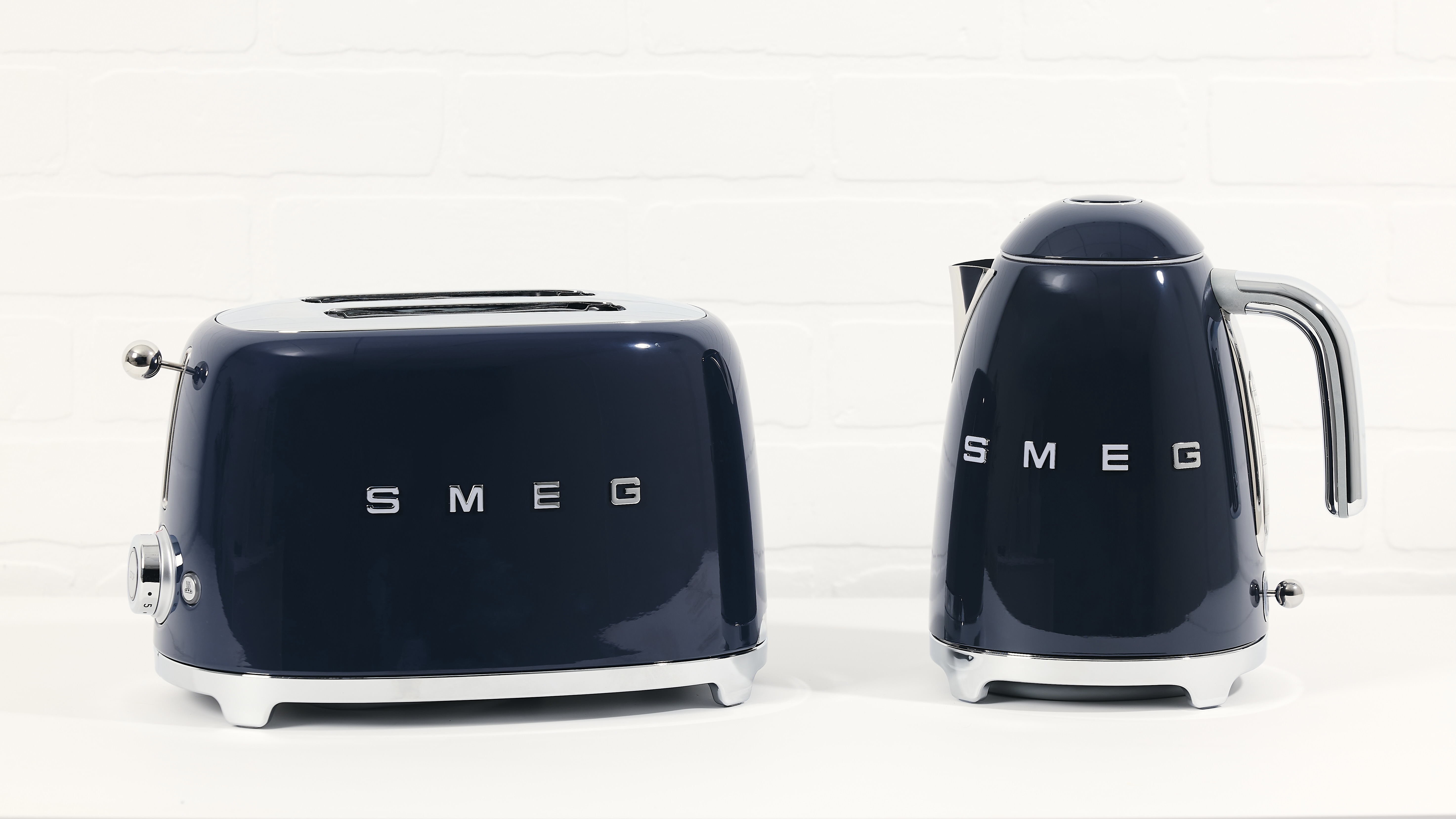 Smeg adds a touch of navy sophistication to its iconic breakfast set
Smeg adds a touch of navy sophistication to its iconic breakfast setIt's a minimalist's dream
By Lizzie Wilmot Published
-
 My most anticipated Netflix movie of the year gets a wild new trailer
My most anticipated Netflix movie of the year gets a wild new trailerHavoc looks pretty unbelievable
By Max Freeman-Mills Published
-
 Forget the tariffs, Paddington 3 is now on Netflix to bring you joy
Forget the tariffs, Paddington 3 is now on Netflix to bring you joyPaddington In Peru is now streaming on Netflix
By Mike Lowe Published